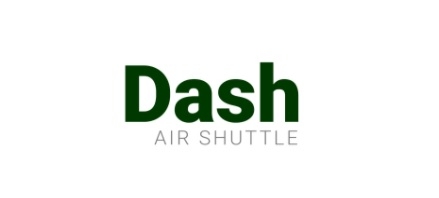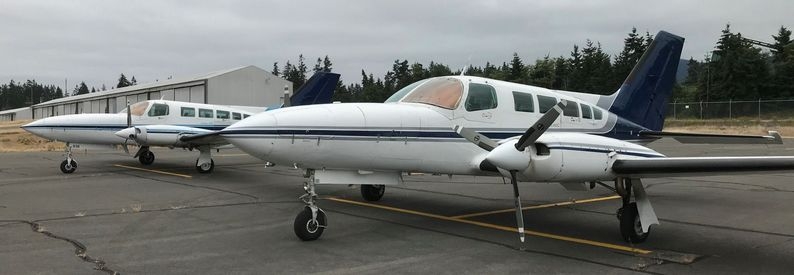Dash Air Shuttle (Port Angeles) has postponed the debut of its scheduled passenger services from Port Angeles to Seattle Tacoma International citing unexpected delays.
“As of today, we are on track to begin service later this Winter,” the company announced in a statement posted on social media. “We had hoped to begin service before the end of 2021, but several contributing factors have led to unexpected delays,” it explained.
Amongst these, it said, was an ongoing pre-service FAA inspection process of its three nine-seater Cessna (twin piston) 402 (C)s. As reported, the aircraft will be dry-leased and then sub-leased and operated by Part 135 commuter carrier Backcountry Aviation (SQH, Salem).
“Additionally, we are establishing a base for aircraft maintenance and logistics support, which is taking a bit longer than anticipated due to a challenging pandemic environment. We are working closely with the FAA to assure full compliance and the highest level of safety for the new airline,” the company said.
“Due to the challenging winter weather environment in the Northwest, coupled with normally weaker travel demand during that time, we will plan to start service with up to four daily round-trip flights to SeaTac. By April, we plan to include additional frequencies and enhanced coverage of early morning departures and late evening arrivals. By Summer 2022, the plan is to expand the schedule with up to six daily round-trip flights.”
The company also anticipates having aircraft available for on-demand charters to accommodate groups of up to nine passengers looking at destinations other than SeaTac.
Dash Air Shuttle initially planned to launch operations in late July/August 2021 to restore air access to Port Angeles and the greater Olympic Peninsula region, which has been without scheduled connectivity since November 2014.
According to the company prospectus, the initial route between Port Angeles and Seattle will be supported through a local government commitment of USD133,000 and a federal grant of USD200,000 to guarantee revenues.
The startup’s business plan is based on that of Cape Air (9K, Hyannis), which connects small New England communities from its hub at Boston.

